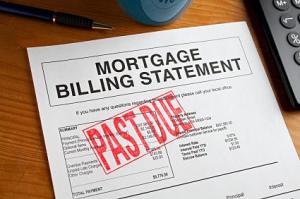 Today’s top story: Want a raise in 2021? You may not even need to ask for it. Also in the news: How to be effective with your generosity in 2020, how to prepare for student loan payments to restart in 2021, and what to do if you’re behind on your rent or mortgage.
Today’s top story: Want a raise in 2021? You may not even need to ask for it. Also in the news: How to be effective with your generosity in 2020, how to prepare for student loan payments to restart in 2021, and what to do if you’re behind on your rent or mortgage.
Want a Raise in 2021? You May Not Even Need to Ask for It
If you got a big tax refund last year, changing your W-4 form at work could put more money in your pocket now.
How to Be Effective With Your Generosity in 2020
Where your money can do the most good.
How to Prepare for Student Loan Payments to Restart in 2021
Time’s almost up.
Behind on your rent or mortgage? Here’s what to do
Important steps to follow.
 Today’s top story: Is my money safe in a bank during the COVID-19 crisis? Also in the news: Helping home buyers keep their distance with e-closings, what kinds of credit card relief are available during the pandemic, and how to save for retirement while on unemployment.
Today’s top story: Is my money safe in a bank during the COVID-19 crisis? Also in the news: Helping home buyers keep their distance with e-closings, what kinds of credit card relief are available during the pandemic, and how to save for retirement while on unemployment. Today’s top story: What to do if Hurricane Dorian hits your home and mortgage. Also in the news: How to fall in love with your car again without breaking the bank, drink up savings at Starbucks, and why you should add cash to your car’s emergency kit.
Today’s top story: What to do if Hurricane Dorian hits your home and mortgage. Also in the news: How to fall in love with your car again without breaking the bank, drink up savings at Starbucks, and why you should add cash to your car’s emergency kit.